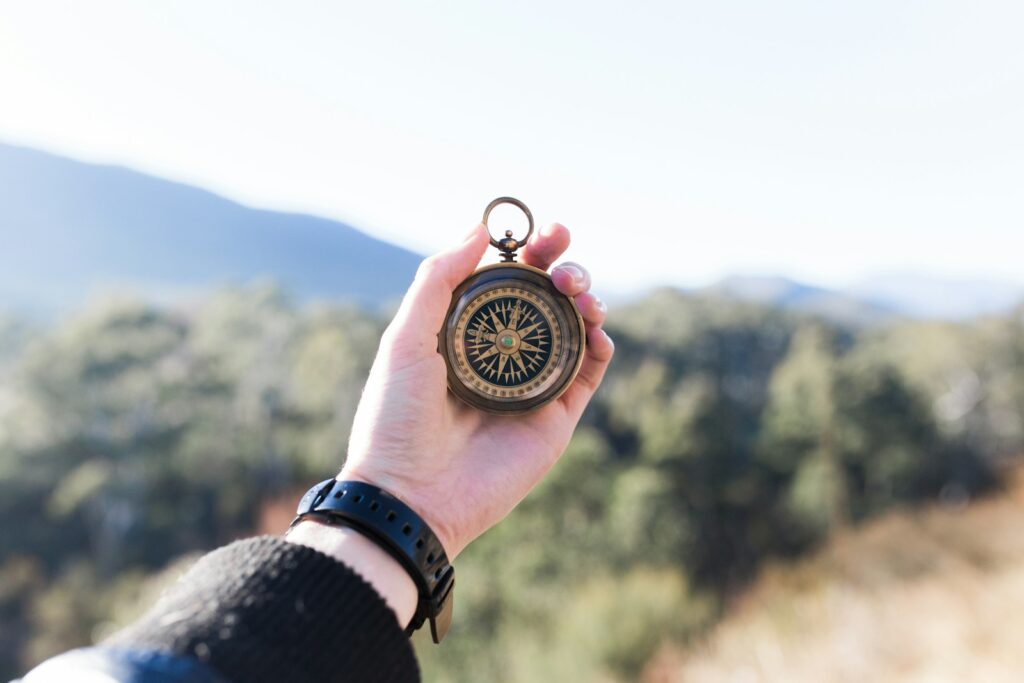Love is a Superpower
Author’s Note: I’ll be capitalizing Love throughout this post, because I’m using it as a proper noun—as shorthand for the superpower known as Love.
There are many ways to define Love: romantic, familial, friendship, or Love for humanity.
But the kind of Love I’m talking about here is bigger than any single version.
I mean Love as a meta-concept — a universal principle that transcends categories.
It’s that indescribable yet deeply felt state made of trust, respect, compassion, empathy, care, and a sense of oneness with others. It’s Love without borders or prerequisites. It just is.
And it’s one of the most powerful forces we know about.
A World That Teaches Us to Withhold Love
And yet, in the world we live in, it’s incredibly easy to forget that Love is there.
Daily experiences like frustration, fear, jealousy, and disappointment can crowd it out. These emotions take over quickly, often without us realizing it.
It becomes easy to assume the worst in others. To close off. To protect ourselves, even when there’s no real threat.
- We rage at the driver who just cut us off.
- We continue to hold a grudge against that coworker.
- We interpret the behavior of others as a personal attack.
And all of this slowly chips away at our ability to access the most powerful force we have.
Another Way to Lead
Love isn’t just a feeling—it’s an orientation toward the world.
Once you learn to treat it as something you can practice, everything begins to shift.
Love creates connection. It builds trust. It softens conflict. It allows us to forgive ourselves when we fail and offer grace to others when they do the same.
When you lead with Love, your relationships strengthen, your communication becomes more intentional, and your actions align with who you want to be.
Love isn’t a soft ideal—it’s a real survival skill:
- Personally, it helps reduce hostility, anxiety, and fear.
- Socially, it can fosters equity and kindness.
- Globally, it opens the door to peace.
What We Get Wrong About Love
Most people don’t treat Love like a superpower.
We treat it like any other emotion—fleeting, reactive, dependent on circumstance. But Love, in its true form, is not conditional. It’s not a reward. It’s not something people must earn.
When we forget that, we fall into traps:
- We think it’s weak.
- We assume it leaves us vulnerable.
- We fear prioritizing Love makes us naïve.
- We confuse Love with passivity or being a doormat.
And so we close off. We lash out. We judge. We hold grudges.
We turn people into caricatures instead of seeing their full humanity. Especially when we feel attacked or challenged, it becomes easier to reduce someone to a villain than to understand their wounds, fears, or unmet needs.
But here’s the truth: hostility begets hostility. Love, more often than not, begets Love.
And each time we withhold Love, we reinforce the very divisions we hope to heal.
Practicing Love as a Discipline
This kind of Love is accessible to everyone.
You don’t need training. You don’t need perfection.
You just need to remember that Love is there—and choose it.
Love is something you can tap into at any moment—but it’s also something you must practice.
When your ego feels threatened, it’s easy to revert to old habits. That’s why Love becomes a discipline. A daily recommitment. A way of being that must be cultivated, not just felt.
To truly practice Love as a superpower, you’ll need to do some inner work. That means two things:
- Knowing who you want to be.
- Being intentional with how you communicate.
Know Who You Want to Be

Practicing Love starts with clarity about the kind of person you want to be and the impact you want to make.
This is your North Star. It’s what keeps you moving toward Love when it would be easier to slip into judgment or defensiveness.
That vision becomes your compass when it’s hard to humanize someone who hurt you—or when your values are in conflict with theirs.
Even in those moments, if you’re grounded in Love, you can act with clarity instead of hatred. With firmness, but not cruelty.
Speak Like It Matters
Language shapes how we experience the world—and how others experience us.
If you want to practice Love, start by being mindful of how you speak, both internally and externally.
With yourself:
Speak with grace. Don’t berate yourself when you mess up. Believe you can improve without needing to be perfect.
That’s self-Love.
With others:
Choose words that make people feel safe and seen. Be honest and specific. Avoid vague niceties or reactive language. Show them you’re not here to judge—you’re here to connect.
When your words are grounded in Love, you create the kind of space where conflict dissolves and deeper trust begins.
Enter the Love P.H.A.S.E.
Here is a simple five-point acronym to put Love into practice, every day:
Pause
When you feel a flash of anger or judgment, don’t respond immediately.
Take a breath.
Ask: “Is there a more loving way to handle this?”
Humanize
Compassion starts when you see everyone as human.
You don’t know the whole story. Maybe they’re scared, overwhelmed, tired—or just hungry.
Affirm
Soften your language with yourself and others, especially in conflict.
Replace blame with curiosity. Replace criticism with care.
Start with yourself.
Seed
Plant one act of Love each day.
Find one moment where you respond with Love when you otherwise wouldn’t have. With a stranger, a coworker, or yourself—everything that grows starts small.
Expect
Expect imperfection.
You’ll forget. You’ll react. You’ll slip.
That doesn’t mean you’re failing—it means you’re human.
Love means showing up again anyway.
Where You’ll Struggle

At first, you’ll feel foolish leading with Love when others don’t.
You’ll wonder if it matters. You might feel alone in practicing it.
But keep going.
Love gets easier with use. It becomes a habit. Then a pattern. Then a way of being.
Not because you’re perfect—because you’re committed.
In Closing: A Personal Example
There was a time in my life when I brought someone into my company—someone I cared about and supported. Later, that person contributed to my being let go.
I had every right to feel angry.
But my first thought was: What could I have done better?
How could I have supported them in a way that might’ve changed the outcome?
Hatred wouldn’t help them. It wouldn’t help me. And it would have made all my past care for them conditional—only valid when things were good.
That’s not Love.
Love means wishing someone well, even if they don’t return the favor. Not out of martyrdom, but out of principle. Out of belief in the world we’re trying to build.
And I learned that from my dad. He responded to every one of my failures with Love, grace, and zero judgment. That showed me what real Love looks like in practice—and it’s what I try to offer others every day.
Love Is a Superpower
I believe that not only is Love a superpower—it might be the most powerful one we’ve got.
It doesn’t make you weak. It makes you resilient.
It doesn’t make you soft. It makes you courageous.
It’s not a strategy. It’s a way of being.
Practice this power to make life better for you—and everyone around you.
All it takes is the decision to begin.

